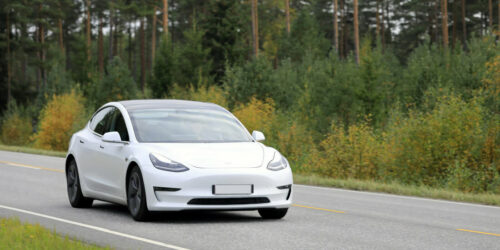Electric Cars vs Petrol: The Pros and Cons
- What are the costs associated with electric cars compared to petrol?
- Are there any drawbacks to going electric?
- Just how beneficial are electric cars?
While we’re all too aware of emissions generated by vehicular traffic, electric cars are the way to reduce these considerably. But when it comes to electric vehicles, how do they compare to traditional petrol models?
We’ll look at types of pollution, operating and maintenance costs, and the manufacturing process of electric cars and how this all stacks up against petrol cars. With the manufacture of new petrol and diesel cars coming to an end by 2035, it’s worth understanding everything about electric cars.
Already interested in an EV charger? Use our quote comparison tool to find out how much you'd pay. It only takes a minute.

What's On This Page?
Click the links below and head straight to a specific section of the article.
Electric Car Pros
Electric Cars | Fossil Fuel Cars |
No emissions during use | Average of 1,682 kge CO₂/year |
Price per mile is roughly at 4.91 pence | Price per mile is roughly at 12 pence |
Operational costs are lower (by almost £600) | Slightly more expensive to operate |
Prices will fall in future as car manufacturers adapt | Prices will plummet after the phase out of new models |
Road tax exempt | Road tax increases every year |
No Congestion Charge fee | Congestion Charge fee will most likely increase |
Fewer moving parts, so cheaper to service | Greater amount of moving parts, so service will be more expensive |
Quieter to operate | Much louder when in use |
Used batteries can be recycled, repurposed and reused | Used batteries can be depleted of harmful chemicals but produce waste |
Electric Car Cons
Electric Cars | Fossil Fuel Cars |
Currently more expensive to buy | Greater availability, so cheaper to buy |
Can be more expensive to insure if you have a luxury model | Insurance can be £45 more than cheaper EVs |
Produce emissions based on how electricity is generated | Produce emissions regardless |
Produces more emissions to create, so has a higher break-even point | Fewer emissions during manufacturing stage, but will be phased out by 2035 |
Electric Cars vs Petrol Cars
Exhaust Emissions
If we talk about emissions, electric cars on the road individually can produce three times less CO₂ than equivalent petrol cars. While electric cars themselves don’t produce any emissions during use, the carbon dioxide in question is based on the production of electricity used to charge them.
The graph below gives an overview of emissions from different kinds of battery electric vehicle (BEV) and the internal combustion engine vehicle (ICEV) equivalent. It’s important to note that this is only an indication of carbon dioxide.
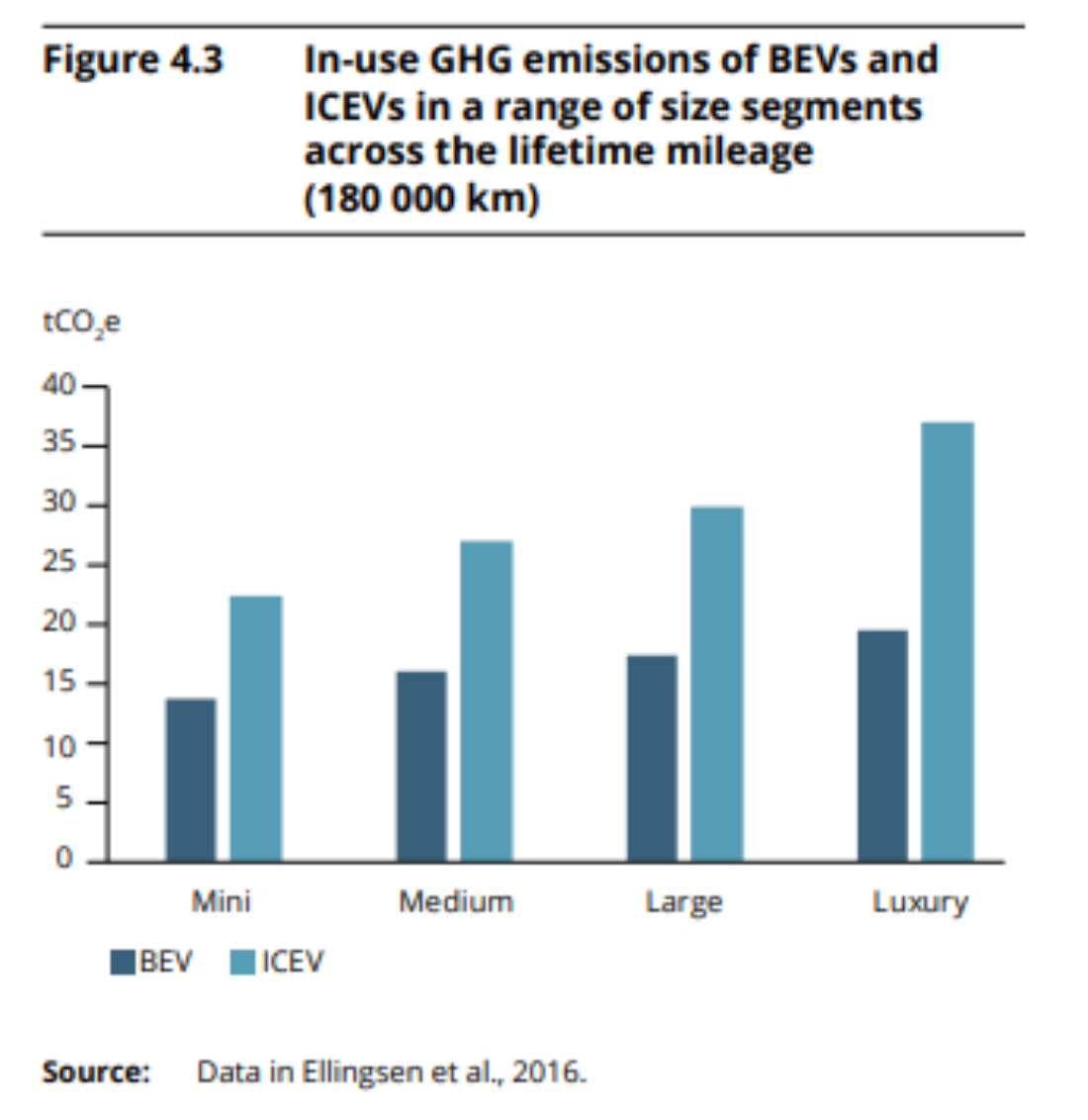
It’s not as simple as removing emissions from the roads by all changing to electric cars, as renewable energy still needs to be added to the mix, but exhaust emissions from petrol cars are much more toxic and harmful to the air. Electric cars are better in that they don’t emit any nitrous oxides (NOx), hydrocarbons (HC) and carbon monoxide (CO), which are all associated with traditional petrol cars.
While catalytic converters have been fitted in petrol and diesel cars for decades now, they can’t remove all emissions. In this way, electric cars improve air quality, which reduces the chances of causing diseases through increased exposure. Decreasing air pollution is not only better for us, but wildlife as well.
Non-exhaust Emissions
The lesser-known form of emissions is those that come from the use of brakes and tyres. Small particles are emitted every time a car uses them and they wear down. While electric cars are considered to be heavier because of the battery system, the non-exhaust emissions from tyres aren’t as high as petrol cars because the tyres are specifically adapted to the weight.
Brake pollution from petrol cars is worse, as more particles are released during this process. Electric cars tend to have regenerative braking, which reduces the need to use brakes as it captures and reuses energy from this process.
According to research from OECD, non-exhaust emissions in electric cars are lower, sitting at 11-13% less than petrol cars. So far, so good.
Noise
We’ve all been walking on the pavement and heard (or rather, not heard) the amount of noise generated by electric cars. Noise pollution has been a problem with vehicles for many years. EVs reduce this problem by operating nearly silently.
Manufacture
While it takes more energy and emissions to produce electric cars initially, it far outweighs a petrol car’s emissions over the course of its lifetime. The batteries required are energy intensive to create, which means more emissions come from the manufacture of electric cars compared to petrol cars. Our guide to electric vehicle batteries will inform everything you need to know.
While the long-term benefits of producing no exhaust emissions are gained immediately, the break-even point from the manufacture of electric cars can potentially only come after about 15,000 to 20,000 miles of use. Saying this, the total carbon footprint of a petrol car overtakes an electric vehicle after the first year. Depending on how many miles you drive, the break-even point can be much higher.
The good news is that the affordability and availability will only get better as innovation and improved processes will drive down costs. With the ban on new petrol and diesel cars coming by 2035, all creative energy will go towards the production of a wide range of electric vehicles. Batteries will become cheaper to buy and dedicated production lines will make electric cars more affordable.
You can even get a government EV chargepoint grant to help towards the cost of installing an electric car charger at home. Even installing an EV home charging point can add value to a property. They typically sell for 13% more than homes without them.
Operational Costs
While both electricity and petrol prices can greatly fluctuate, electric cars will always be cheaper to run. Electricity at 24p per kWh will cost around 5.1p per mile. Petrol at 134p a litre will cost around 12p per mile.
According to research from Compare the Market, electric cars are £528 cheaper to run on average than petrol cars. This takes into account insurance, fuel and road tax. In terms of running costs, EVs are at an average £1,315 over the course of a year, compared to £1,843 for petrol cars.
Electric vehicles can be more expensive to insure, but only if you have a high-end model, like a Tesla. There are plenty of electric cars that don’t cost an arm and a leg to insure.
Because there are no emissions, EVs don’t have to pay the Congestion Charge. Add into this that electric cars are exempt from paying road tax, the financial benefits from running an electric car add up nicely.
Maintenance
Electric cars have fewer moving parts than petrol cars, so maintenance should be cheaper. Electric cars cost 4p to run per mile and can easily be charged from home, or at wireless electric vehicle charging points. There are no gears to worry about with EVs, and they deliver a consistent torque, so the electric motor gets away with just having a forward and backwards setting.
Renewable Energy
Emissions are lessened with electric cars the more renewable energy is utilised, either in the national grid or at home. While they produce no greenhouse gas emissions themselves, the emissions from EVs are associated with how the electricity is produced in the first place.
Data from 2015 found that carbon emissions from EVs are 47-58% lower than petrol cars. If you think about how much innovation electric cars have had in the past decade, this can only have improved.
Some energy suppliers offer renewable energy packages, which reduces the environmental impact of charging electric cars at home. This way, you can be sure that you’re not harming the planet as you charge up.
Do the Pros Outweigh the Cons?
In balance, electric cars are the way of the future. Issues associated with energy generation and the break-even point will become less of a problem in the next few decades as we all make the transition to no emission cars.
Electric cars will become more affordable and more efficient over time, and will be the preferred type of vehicle for many.
You can feel good about improving the air quality of your streets as you use an EV and feel confident in charging by using home solar panels to prevent any emissions.
Related articles
View all EV charging articles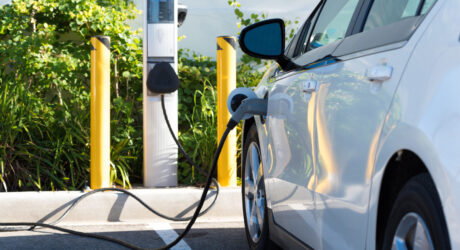
A Guide to Electric Car Batteries

EV Home Charger Installation Guide: How to Charge an EV at Home
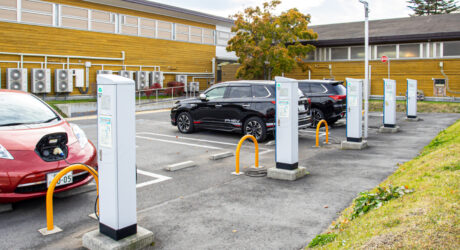
OZEV Grant: What Is It and Am I Eligible?

The Best Apps for Finding EV Charging Stations
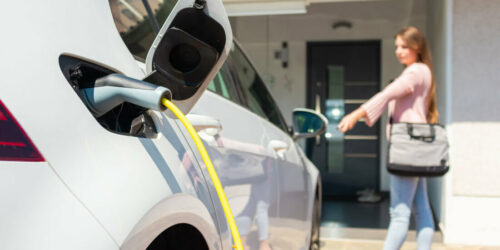
Electric Car Home Charging Stations: The Top Ten EV Chargers for Your Home

Should I Buy a Used Electric Car?
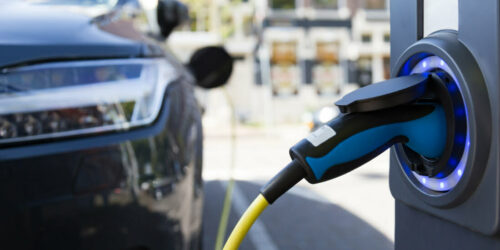
Electric Vehicle Range
